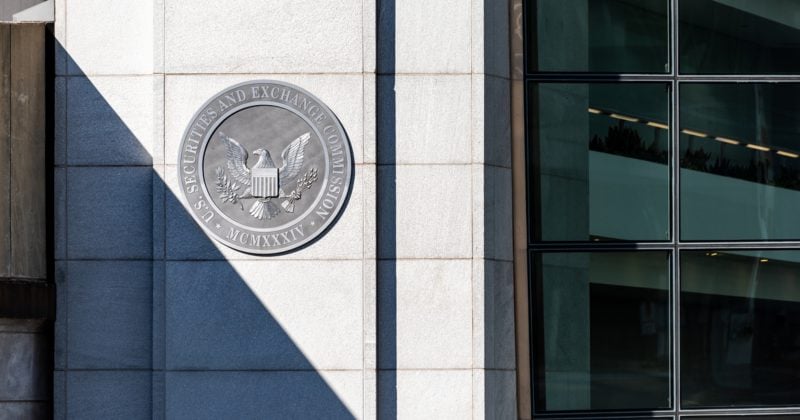 US Labor Department dials back crypto warning for retirement plans Gino Matos · 21 mins ago · 2 min read
US Labor Department dials back crypto warning for retirement plans Gino Matos · 21 mins ago · 2 min read
The previous DOL guidance directed fiduciaries to exercise “extreme care” before including crypto in retirement plans.

Cover art/illustration via CryptoSlate. Image includes combined content which may include AI-generated content.
The US Department of Labor (DOL) formally rescinded a 2022 compliance release that discouraged fiduciaries from offering crypto investment options in 401(k) retirement plans, according to a May 28 announcement.
The decision withdraws “Compliance Assistance Release No. 2022-01,” which directed fiduciaries to exercise “extreme care” before including digital assets in retirement plan investment menus.
Neutrality restored
The Department now reverts to a neutral stance that adheres to the statutory language of the Employee Retirement Income Security Act (ERISA), which governs private-sector retirement plans.
In a statement, the Employee Benefits Security Administration acknowledged that the “extreme care” standard introduced in 2022 had no statutory basis in the law and departed from the department’s prior principles-based approach.
US Secretary of Labor Lori Chavez-DeRemer said:
“We’re rolling back this overreach and making it clear that investment decisions should be made by fiduciaries, not D.C. bureaucrats.”
While the Department’s announcement does not endorse or disapprove of crypto as retirement plan assets, it makes clear that investment discretion belongs to fiduciaries under ERISA.
The statement reiterates that fiduciaries must still comply with statutory obligations to act in the best interest of plan participants. Still, that determination must follow a consistent evaluative framework, not asset-specific cautionary directives.
Departing from ERISA precedent
On March 10, 2022, the Department released a compliance notice that warned plan fiduciaries against adding crypto investment options without heightened scrutiny.
The document flagged crypto’s volatility, custodial complexities, and regulatory uncertainty as grounds for caution, applying a threshold that critics argued exceeded the fiduciary duty standard defined under ERISA.
Historically, the Department maintained a neutral stance on specific asset classes, instead requiring fiduciaries to evaluate options based on risk, cost, and suitability in relation to plan objectives.
The 2022 release diverged from that tradition by singling out crypto as warranting special caution, despite ERISA’s requirement that fiduciaries act “with the care, skill, prudence, and diligence under the circumstances then prevailing.”
The Department’s revised guidance affirms that investment decisions must remain context-specific and grounded in a prudent review of all relevant factors.
By eliminating Compliance Release 2022-01, the Department reestablishes a uniform application of fiduciary principles under ERISA, allowing retirement plan administrators to assess crypto investment options on a case-by-case basis in line with existing legal obligations.


















 English (US) ·
English (US) ·